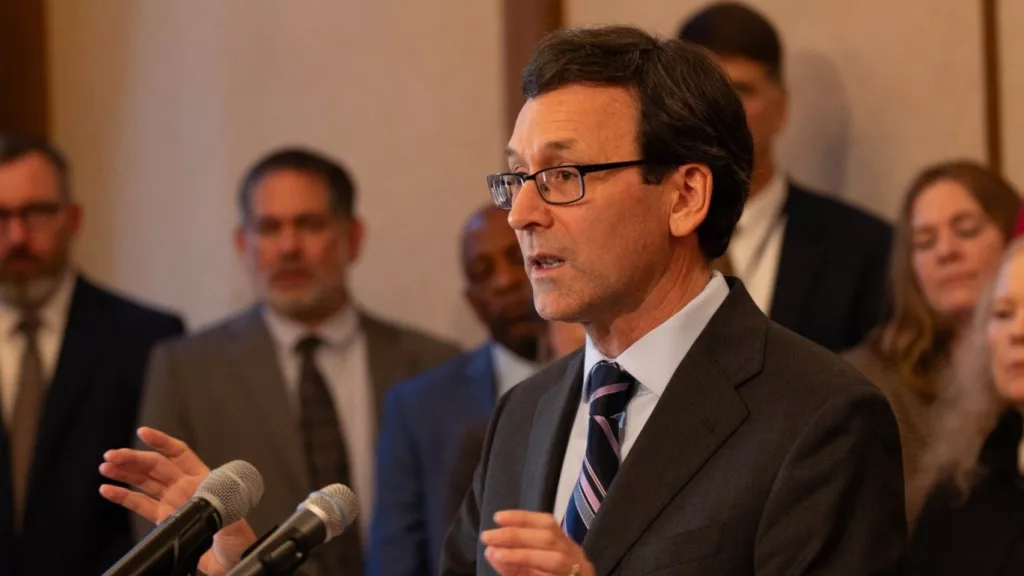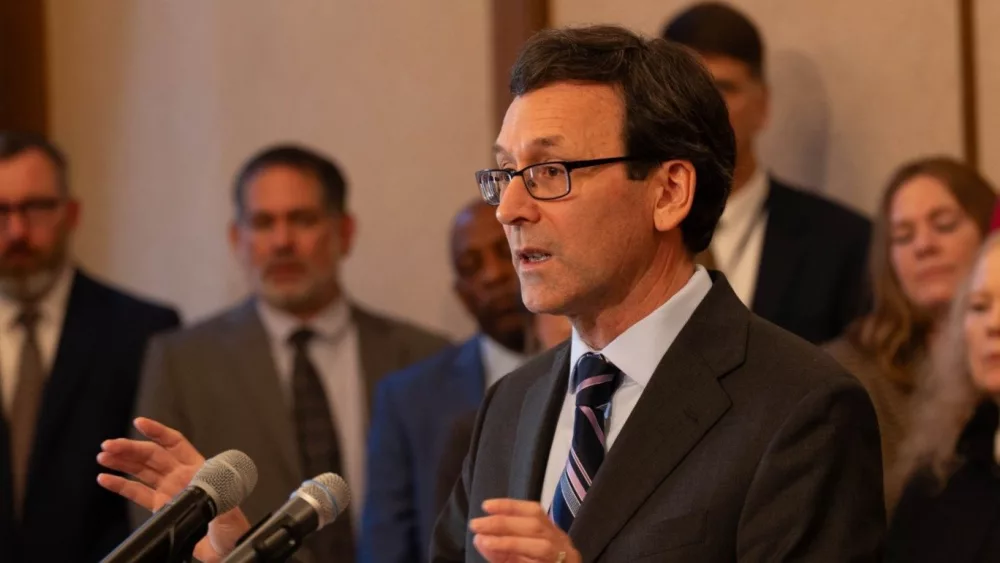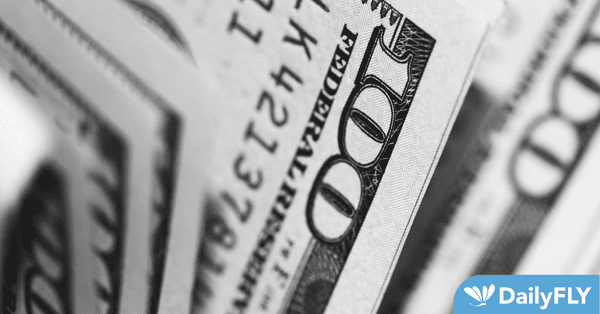OLYMPIA, WA – Washington Gov. Bob Ferguson on Tuesday put the kibosh on Democratic lawmakers’ plans to use billions of dollars from a proposed wealth tax to balance the state budget.
Ferguson, a first-term Democrat, also said he could not sign budgets passed in the two chambers in recent days because they each rely too much on taxes.
“We cannot adopt an all-cuts budget,” he said. “We cannot adopt a budget with anywhere near the level of taxes in the House and Senate plans.”
He called on lawmakers to “immediately move budget discussions in a different direction.”
Ferguson remained skeptical about the proposal to tax financial investments held by wealthy individuals, saying it would be “difficult to implement, and most importantly, for purposes of adopting a sustainable budget, will face an immediate challenge in court.”
He said at a news conference he would not sign any spending plan dependent on substantial revenues from a new and untested tax that faced the “real possibility of being overturned.”
But he left the door slightly ajar for House and Senate Democrats to pencil in the wealth tax if they count on no more than $100 million a year to see if it can withstand a legal challenge and be upheld “in the court of public opinion.”
“I am open to a conversation,” he said. “I want to be very clear that I’ve not committed to that.”
The governor on Tuesday also reiterated his view that it will take a mix of spending cuts and new revenue to overcome a projected shortfall of $16 billion over the next four fiscal years.
Majority Democrats in the House and Senate have made the wealth tax a cornerstone of their respective revenue packages to balance the next state budget.
It is counted on for $2.4 billion in the two-year House budget approved Tuesday and $ $4.2 billion in the one passed by the Senate on Saturday. The sums are different because they are not identical approaches.
The architect of the wealth tax in the Senate said the governor’s comments show there is “common ground” on which to negotiate in the final month of the session.
Sen. Noel Frame, D-Seattle, a vice chair of the Senate Ways and Means Committee, said she was “very glad” Ferguson acknowledged Washington needs to reform its “upside-down tax code” that hits those with lower incomes hardest. And she said she revised language in her bill to address specific concerns he raised.
“This whole thing is very dynamic. I think he opened the door for ongoing conversations and set the bar for progressive revenue,” she said. “We’ve got three-and-a-half more weeks to get it done.”
Mechanics of the tax
The House wealth tax proposal would levy a tax of $8 on every $1,000 of assessed value of certain financial assets, such as stocks, bonds, exchange-traded funds, and mutual funds. The tax would only apply to the value of these assets that is above $50 million.
There would be exemptions for pensions, retirement accounts, and education savings accounts. About 4,300 people would pay the tax, generating about $2 billion per year, beginning in fiscal year 2027, according to the state Department of Revenue.
Those dollars would be dedicated to the Education Legacy Trust Account, where they could be used for public schools and early learning programs.
Senate Democrats want to set the tax rate at $10. They contend the same number of people would pay, but the amount generated would be $4 billion a year. That’s because they tax the full value of the targeted assets if a person has more than $50 million of them.
In other words, if you have $51 million of these assets, Senate Democrats would apply the new tax on all of it, while the House would only tax the $1 million.
‘The wrong move’
Senate Minority Leader John Braun, R-Centralia, said he appreciated Ferguson’s “candor” and “thoughtfulness” concerning taxes and spending.
“I think his priorities are spot on,” he said. “I think his priorities line up much closer to the budget Republicans proposed.”
Opponents of the wealth tax applauded the governor’s comments. They have argued such a tax would cause wealthy individuals to flee Washington and that it would hurt investment in businesses in the state. They also contend it would tax out-of-state wealth in violation of the U.S. Constitution.
“A wealth tax is the wrong move for Washington — both legally and economically — and Ferguson’s remarks are a clear sign that Olympia is finally beginning to hear the concerns of families, small businesses, and job creators across the state,” reads a statement issued jointly by the Association of Washington Business, Bellevue Chamber of Commerce, Seattle Metropolitan Chamber of Commerce, and Washington Roundtable.
In an interview, Steve Mullin, president of the Washington Roundtable, said the Legislature “should not assume any revenues from a wealth tax for the foreseeable future.”
If such a new levy is enacted, the organization would “do what we can” to facilitate challenges in state and federal courts, Mullin said.
Ferguson mum on other taxes
Washington’s next budget cycle begins July 1 and runs through June 30, 2027.
The much-discussed multibillion-dollar shortfall represents the amount needed to maintain current levels of service, pay for new and expanded programs authorized in previous budgets and cover the cost of new collective bargaining agreements with employee unions.
In addition to a wealth tax, the revenue package crafted by Senate Democrats would increase the cap on annual growth in property tax collections, impose a new tax on the payrolls of large companies and axe several tax breaks. Altogether it could gross $21 billion over four years.
House Democrats are focused on the wealth tax plus measures to remove the 1% cap on annual growth in property tax collections. They also want to add a surcharge on large corporations and financial institutions. Their package would generate roughly $15 billion.
On Tuesday, Ferguson said he has a topline number in mind for how much he’d tolerate raising from new taxes, but he declined to share it. He also didn’t say much about the other Democrat-backed tax ideas, which Republicans have blasted since the start of session.
“This is enormous, shocking, surreal, stunning — whatever word you want to pick — amount of taxes proposed,” Braun said.
Ferguson’s silence, he said, does mean any or all of those taxes could be pursued. But he didn’t fault the governor as he thinks he is “doing the right thing he needs to do to be successful” in negotiations with budget writers.
This story first appeared on Washington State Standard.





